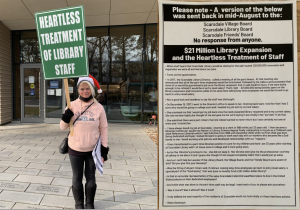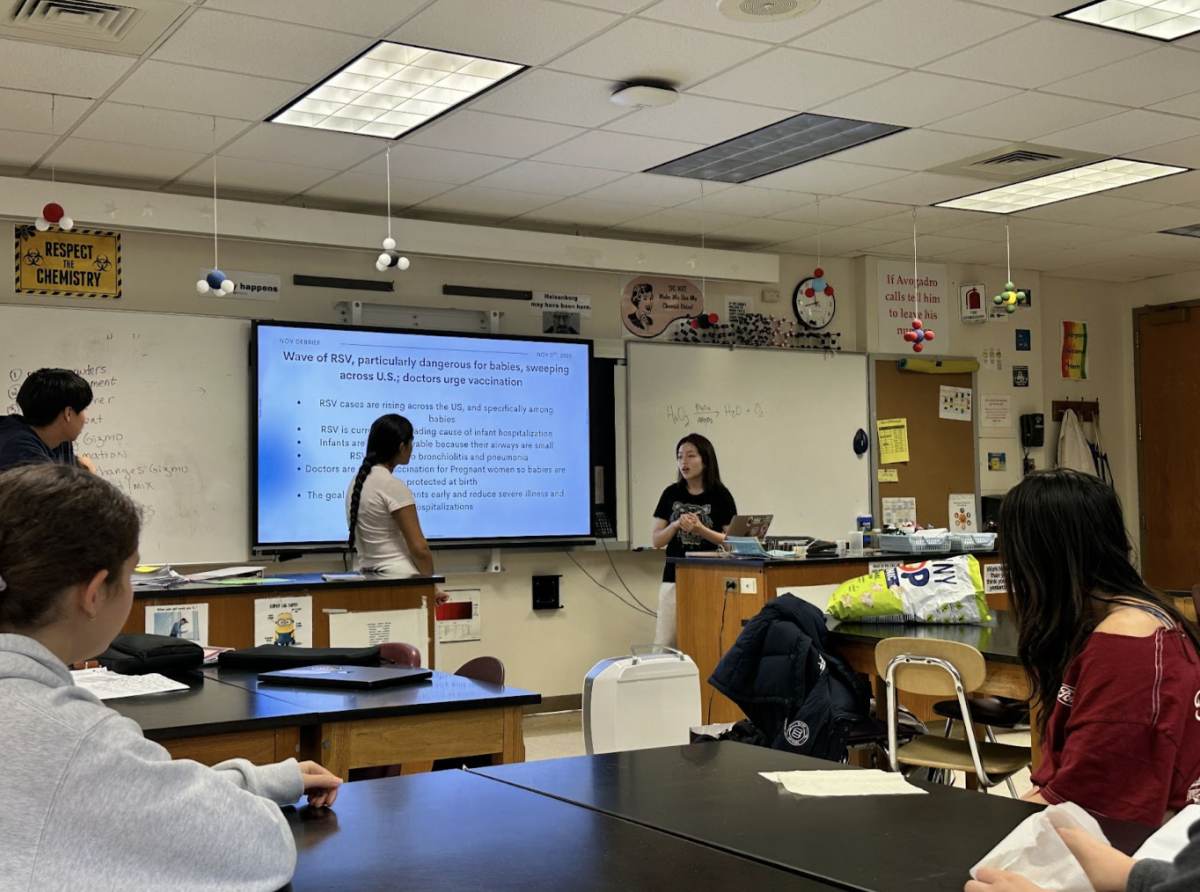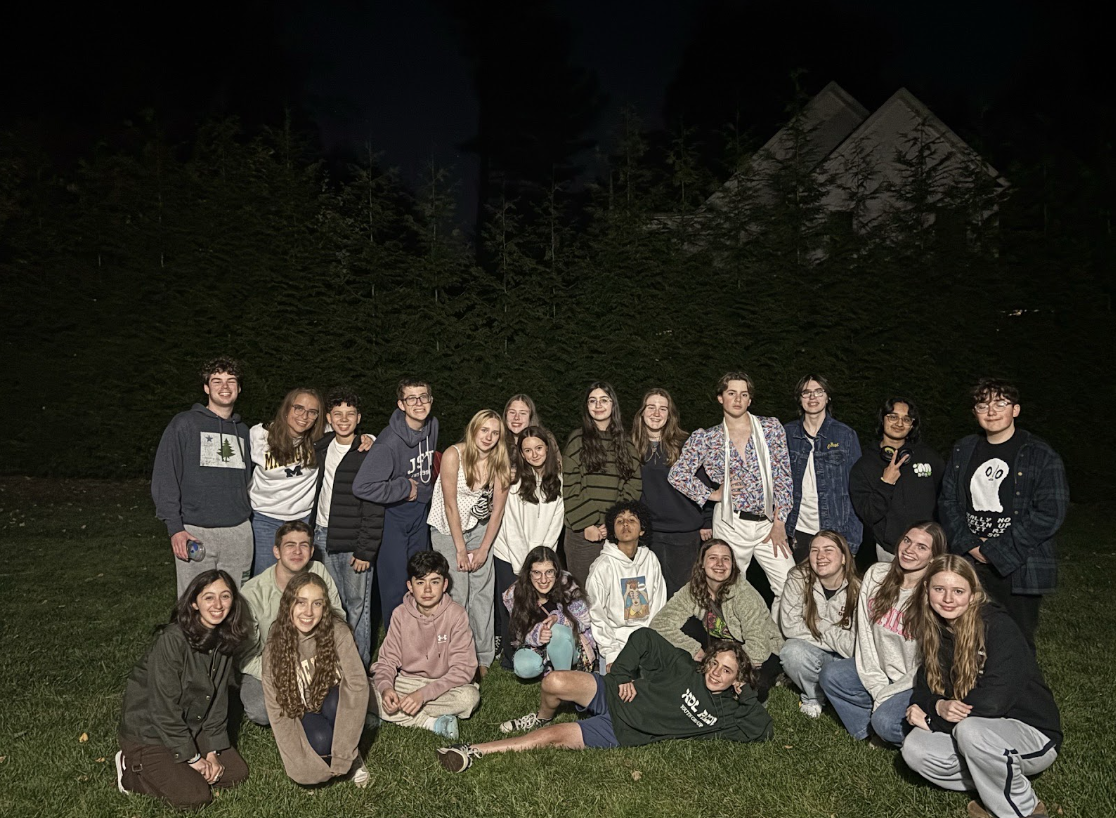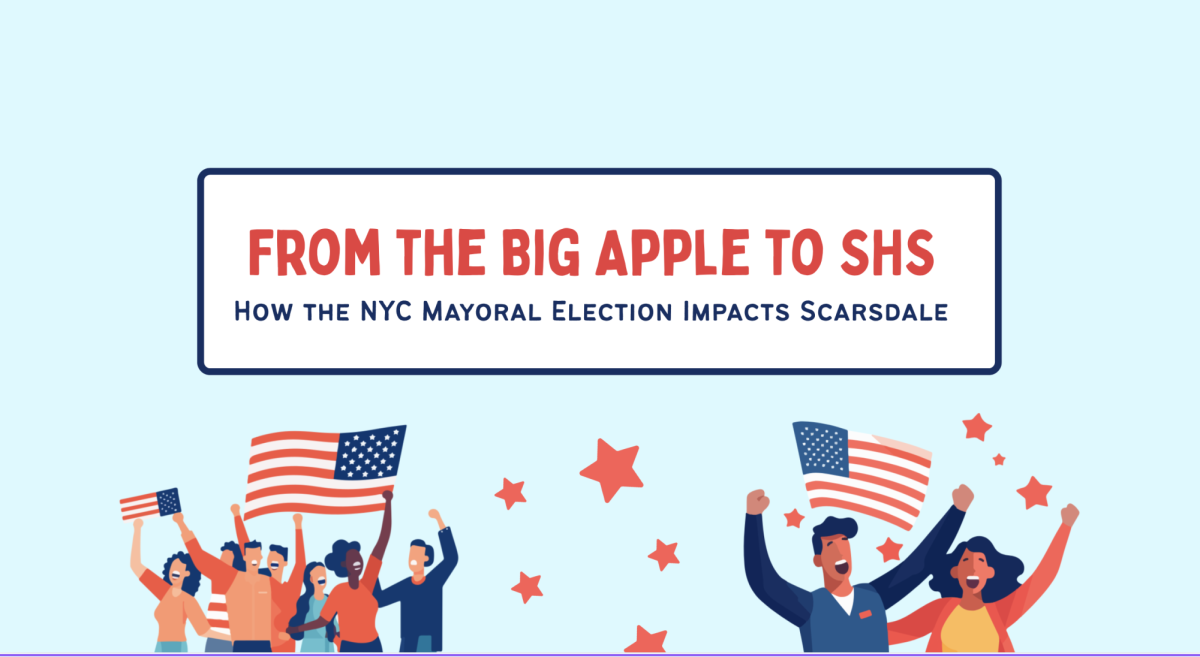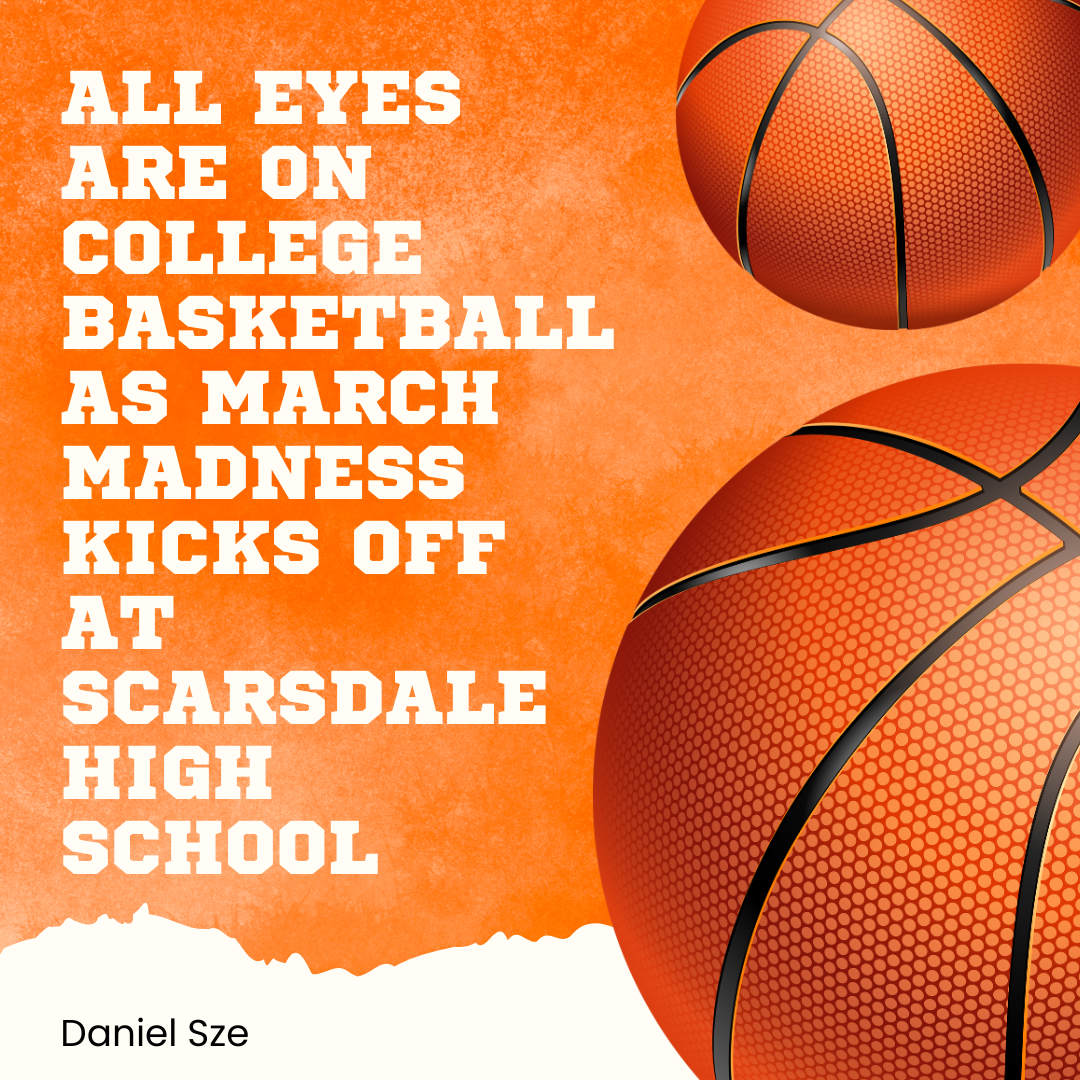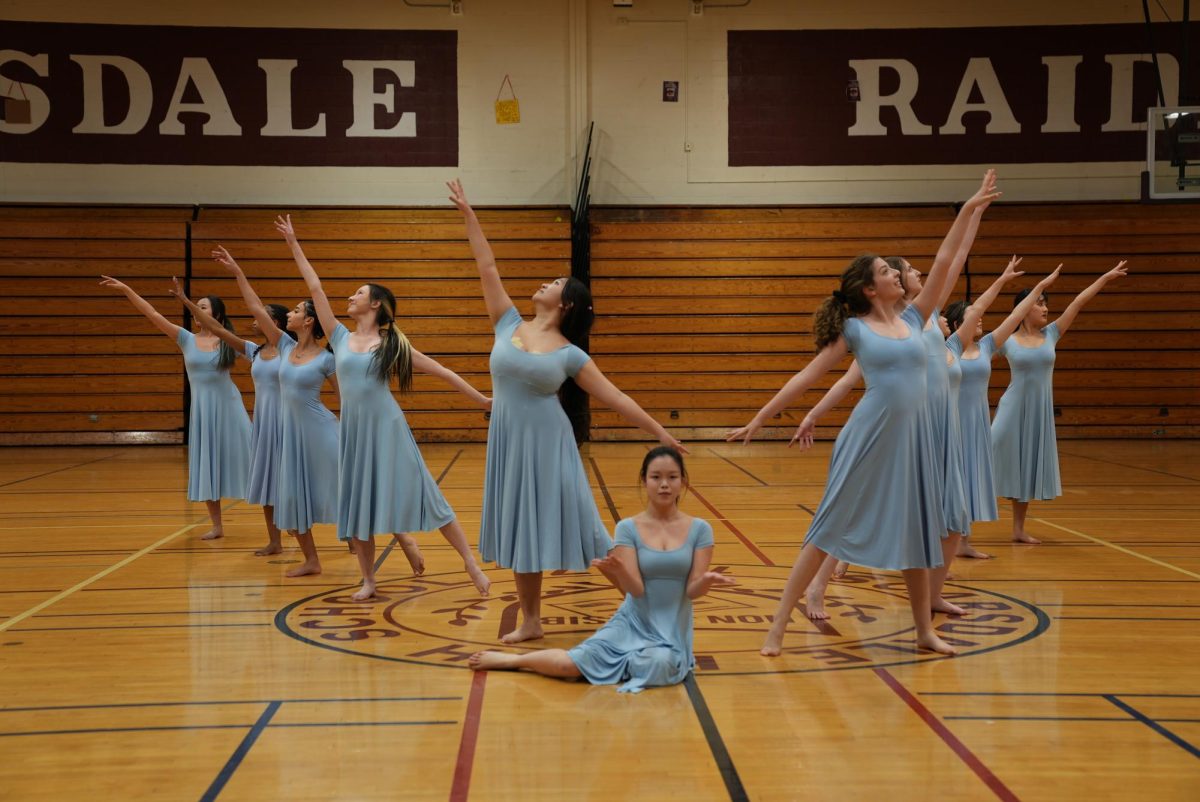A New Look at the SHS Library
October 7, 2018
From a hub of social activity full of lunchtime chats and video games to an almost-vacant quiet space devoid of the popular .io games (you know which ones I’m talking about), the role of the SHS library has shifted dramatically in the past year.
Previously, our library’s lenient food and noise policies contrasted with the implicit rules of a traditional library. This changed last year when the SHS library adopted several new policies. Now, food and video games are banned—transgressors risk a warning if they are lucky, or immediate removal from the library if they are not—and only “quiet voices” are allowed on the main floor for “group study/collaborative work” and “independent study and research,” according to the SHS library’s webpage.
Considering both the conventional role of a library and the recent construction of the Learning Commons, which serves as a hangout and cafeteria, these changes are quite reasonable. However, many students feel they have been negatively impacted by the shift. “I fundamentally disagree with the video game policy, and the food policy actively discourages people from coming to the library during lunch because they can’t eat [there],” said Hudson Jakubowicz ’20. “I used to eat [in the library] most of the time. However, due to the policies, I mostly just eat in the cafeteria now.” Jakubowicz’s opinion is not uncommon in the SHS community. “I feel like in concept the rules are fine, but once you actually implement them, no eating is not that great of a rule,” commented Anika Dhuri ’20. Many students have also reported that as a result of the food ban, they cannot complete work during lunch in the library. The lack of computers in the Learning Commons also makes the library vital for those who finish work during lunch.
Though the food policy may be the most contested of the new rules, a portion of students have also been affected by the no-gaming policy. “The eating [policy] didn’t really affect me, but I like to play video games in the library and now I have to do it in the morning when I come to school. It’s having a negative impact on my social wellbeing,” remarked Ashwin Sriskanthan ’20. On the flip side, Sriskanthan did acknowledge that he now has “a lot more free time to actually do work,” though he has “a lot less fun doing it.” Jakubowicz disagrees with the video games policy on a more moral basis, noting that it “should be a student’s choice to choose what they do with their free time, especially if they have a free—they should be able to do whatever they want.”
On the other hand, not all of the new library policies have been perceived unfavorably. In fact, many students have benefited from the no-noise rule. “I like it because now I can actually do work. Before, it was so loud and during lunchtime, it was so gross because everyone… was so loud in the library, always. You couldn’t even hear yourself think,” explained Caroline Higgins ’20. Agreeing with Higgins, Jakubowicz noted that noise in the SHS library “was definitely a problem in previous years.”
Overall, the SHS community harbors a range of views on this recent shift, though generally, most students agree that the food and gaming policies have been disadvantageous, while the noise policy has been largely beneficial. It is improbable that these policies will change during this school year, though, and thus, no matter their views, students will have to adapt to these new rules for the time being.



